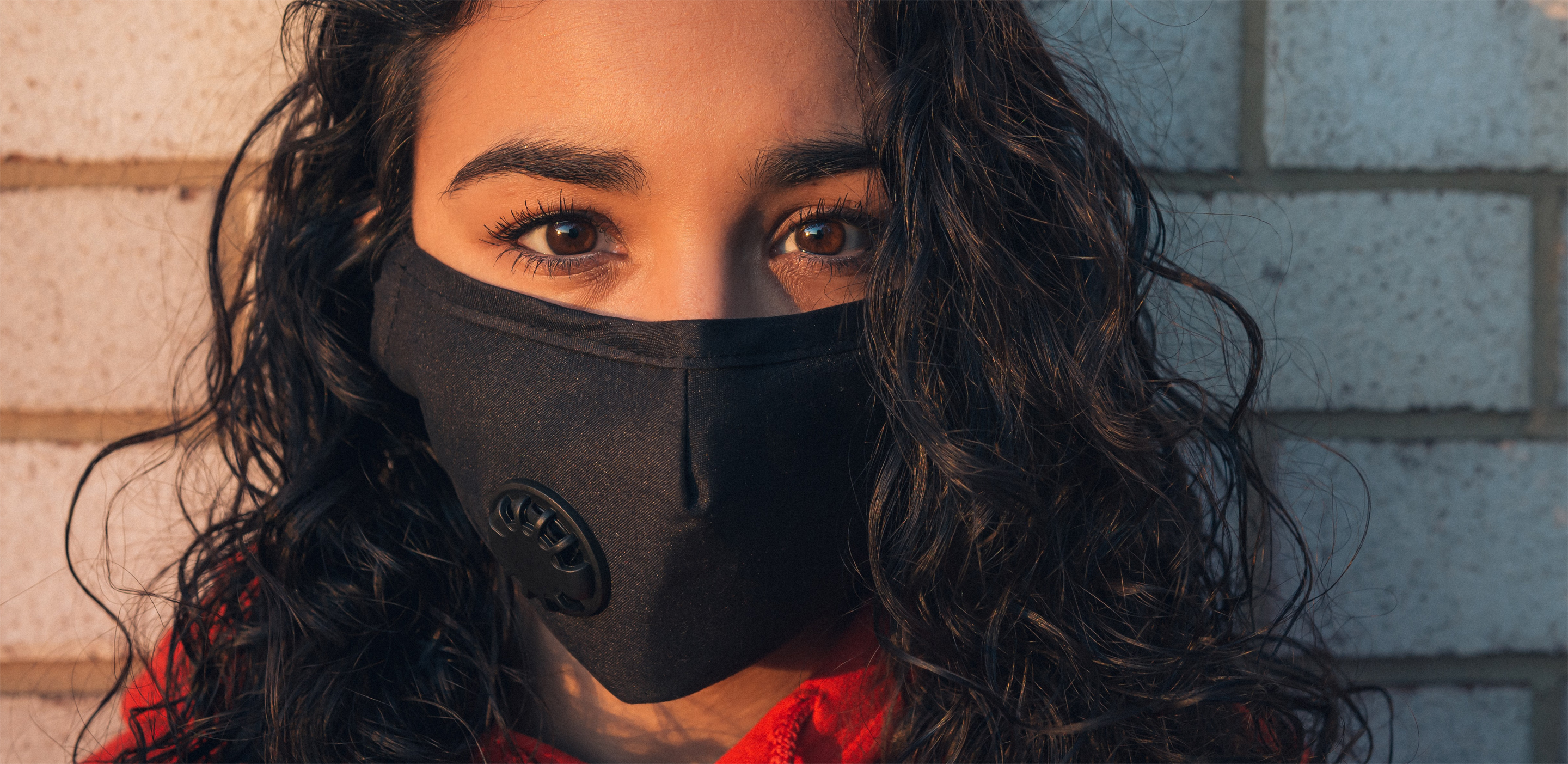Masks, once reserved for Halloween and ski trips, are now an everyday necessity. Everyone from Old Navy to your grandma’s best friend are making them these days!
But what is it like to actually wear one? Now that they are mandatory in indoor spaces pretty much everywhere across Canada, even the most hesitant among us may need to venture into mask-wearing territory. If you are planning to enter any public enclosed spaces, whether to go grocery shopping or to the dentist, you will most likely have to don a mask for some period of time.
Wearing a mask, along with regular hand washing, has long been known to slow the spread of respiratory illnesses. Wearing one will allow you to go more places as things begin to open up, while at the same time helping to prevent another shutdown.
Individual reactions to wearing a mask in public spaces will vary. Whether you are indifferent or downright fearful about masks, here are some tips to help you through it!
But wearing a mask gives me anxiety!
Most of us are not used to having something cover our faces for an extended period of time. There are many reasons wearing a mask may cause anxiety.
Some people may experience symptoms of overheating or difficulty breathing which could trigger fear, anxiety or panic sensations. Those with pre-existing anxiety, panic or trauma disorders may be particularly sensitive.
Because our thoughts, emotions, physical sensations and behaviours are connected, uncomfortable physical sensations may trigger negative thoughts and emotions about masks that could lead to not wearing one or other changes in behaviour. It’s important to recognize that the fear response, while uncomfortable, is not dangerous. For instance, there is no evidence that masks create a dangerous buildup of carbon dioxide or lack of oxygen for the wearer.
Pressure’s On
When we wear a mask we are directly protecting others, but we are also indirectly protecting ourselves. This is because the more people we see wearing masks, the more that signals to everyone that it is the right thing to do. The more people that wear a mask, the more YOU end up being protected. Setting a positive example may help others more easily adopt this practice.
Next, let's look at a few tips for overcoming that anxiety.




